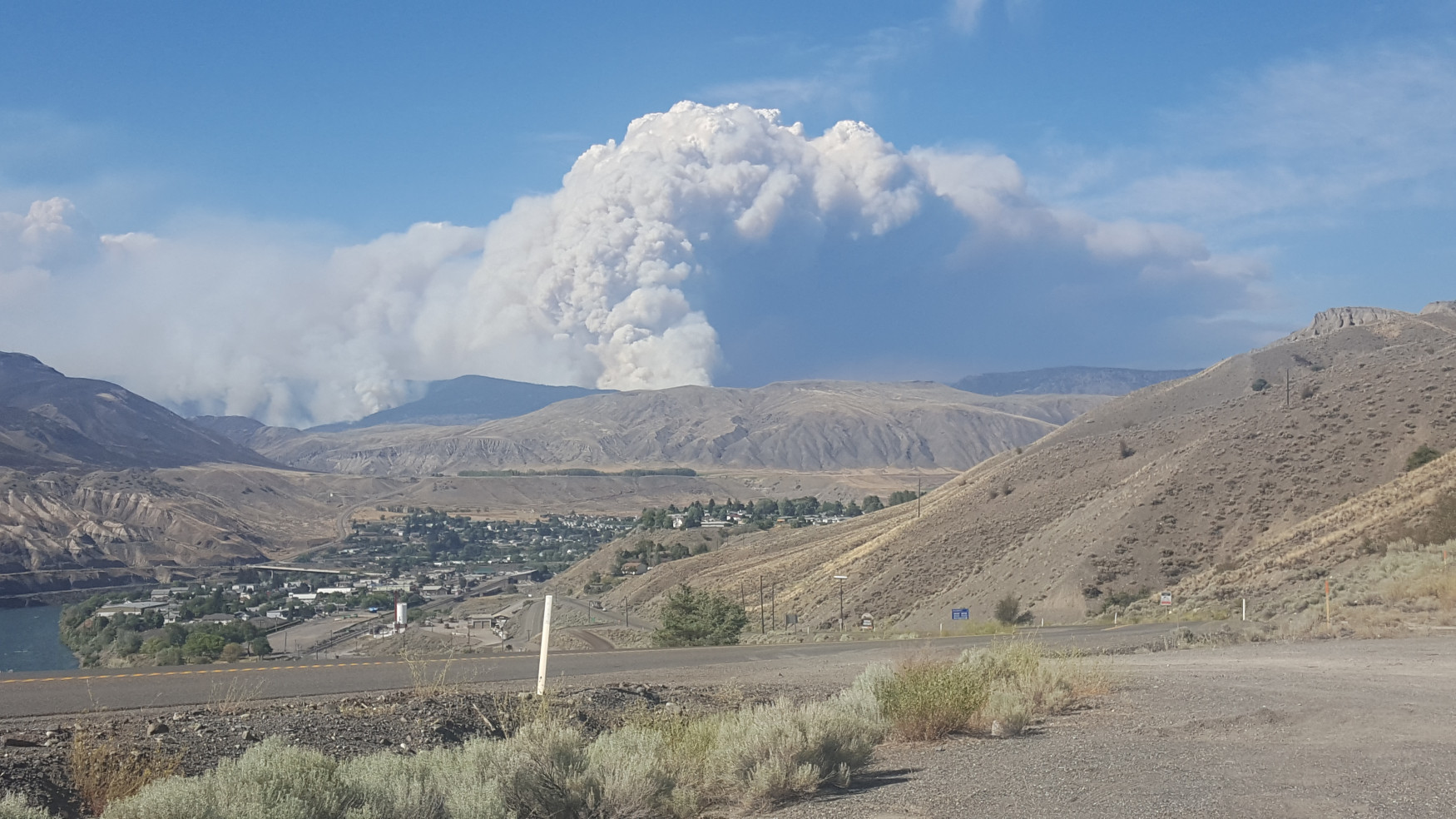
TRU introduces Institute for Wildfire Science, Adaptation and Resiliency – TRU Newsroom
KAMLOOPS — Thompson Rivers University (TRU) is on the precipice of establishing an Institute for Wildfire Science, Adaptation and Resiliency (referred to as the wildfire institute) after endorsement by Senate at the Oct. 23 meeting.
The establishment of the wildfire institute, which now moves to final consideration by the Board of Governors at a future meeting, is a significant step forward in supporting British Columbians and Canadians with solutions to the reality of living with wildfires. This groundbreaking research institute will spearhead studies and innovations aimed at preventing, mitigating, responding to and recovering from wildfires.
The wildfire institute is the logical next step for TRU. The university has growing expertise in wildfire — it’s home to BC’s first fire science research chair as funded by the province (the BC Innovation Chair in Predictive Services, Emergency Management and Fire Science), a Canada Research Chair in Fire Ecology and an NSERC Industrial Chair in Ecosystem Reclamation. Additionally, TRU’s campuses in Kamloops and Williams Lake are located in the epicentre of wildfire response activity.
As Canada faces an alarming increase in wildfire activity — with more land burned in BC from 2017 to 2023 than in the previous 58 years combined (1959-2016) — the need for comprehensive research and adaptation strategies has never been more critical.
“The Institute for Wildfire Science, Adaptation and Resiliency is desperately needed to help address the challenges of current and future fire seasons in BC and beyond through research and innovation,” said Mike Flannigan, BC Innovation Research Chair in Predictive Services, Emergency Management and Fire Science.
TRU President Brett Fairbairn added, “The wildfire institute represents our dedication to addressing one of the most pressing challenges of our time. Through this institute, we will advance innovative solutions that will not only benefit our local community, but will have a broader impact on all Canadians.”
The wildfire institute focuses on developing new knowledge while respecting and learning from Indigenous land stewardship and management practices. By channeling resources into research and innovation, the institute aims to provide essential tools for future policy decisions to reduce adverse outcomes for communities, including the impacts of smoke, evacuations and the loss of natural and built infrastructure.
“Our goal with the wildfire institute is to generate research that directly impacts the lives of British Columbians and Canadians, enhancing our collective ability to adapt to the ever-increasing threats posed by wildfires,” said TRU Vice-President of Research Shannon Wagner. “We are committed to fostering collaboration and forging new alliances to bring cutting-edge knowledge into the field.”
With rising temperatures and increasing drought conditions, Canada anticipates longer and more extreme fire seasons, making the TRU Wildfire Institute a crucial force in addressing these evolving challenges.
–30–
Contact:
Erin Breden
Senior Communications Consultant
250-828-6837 | [email protected]
